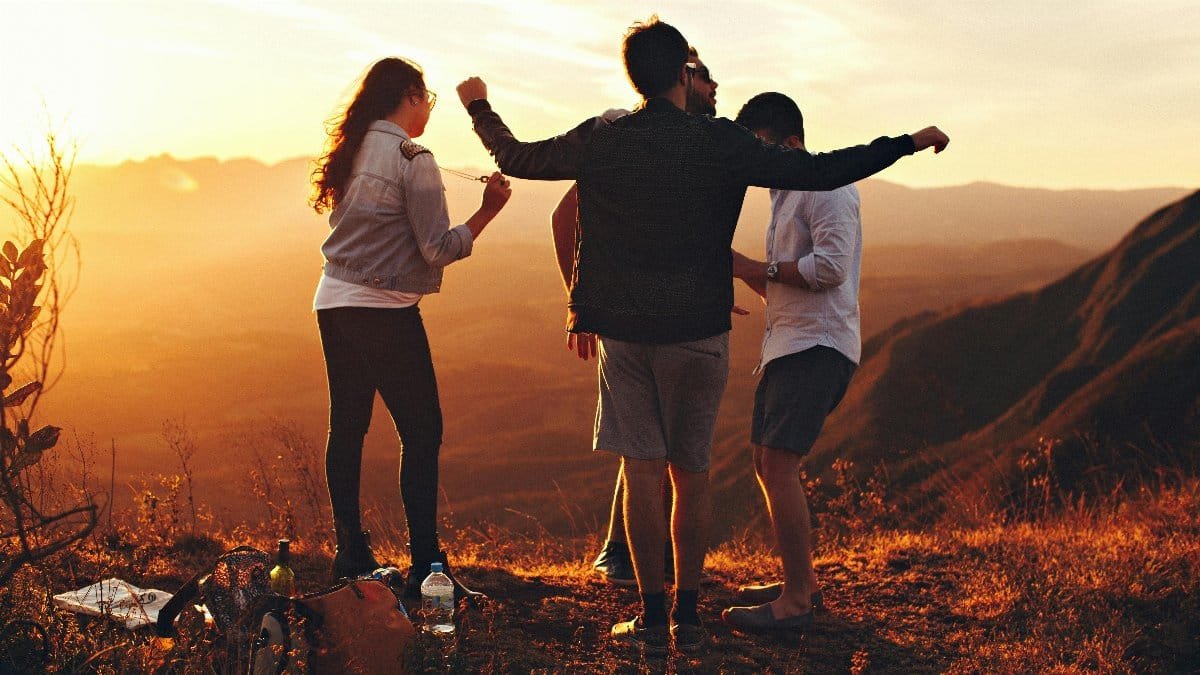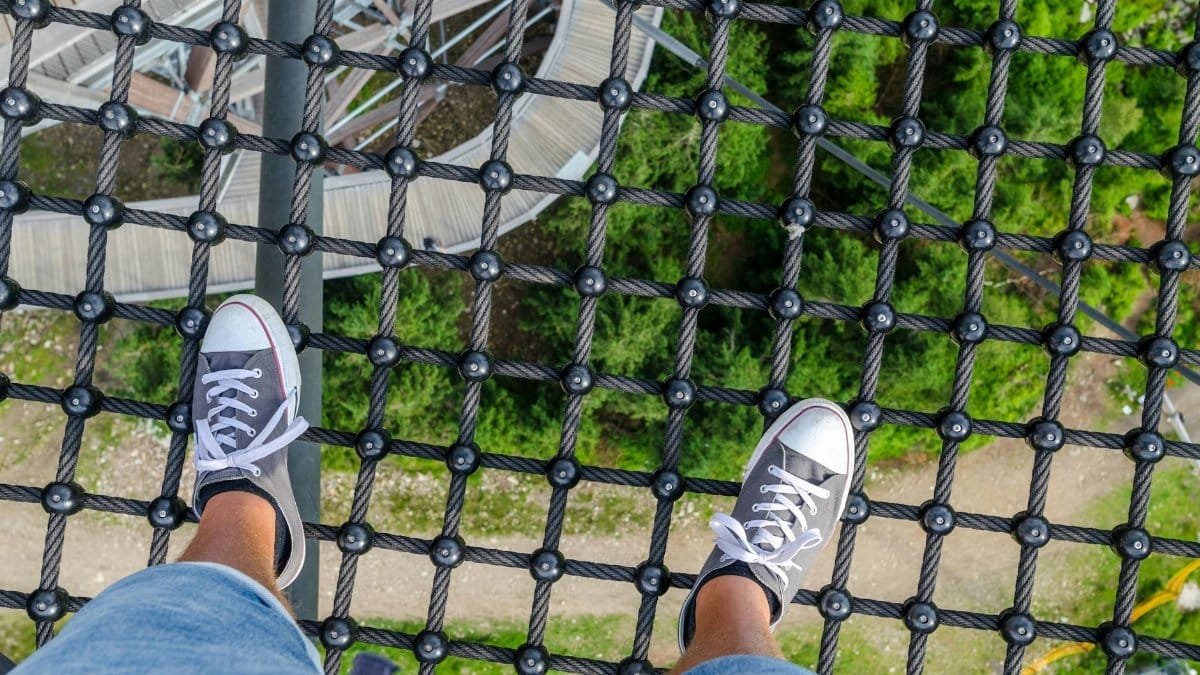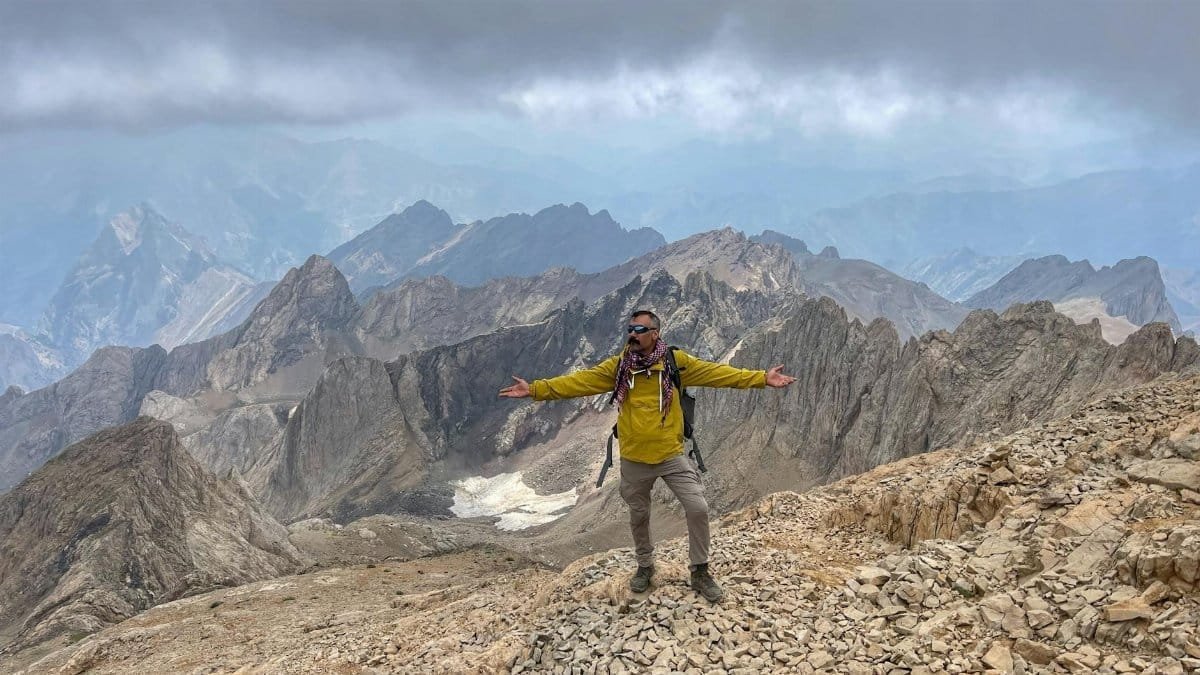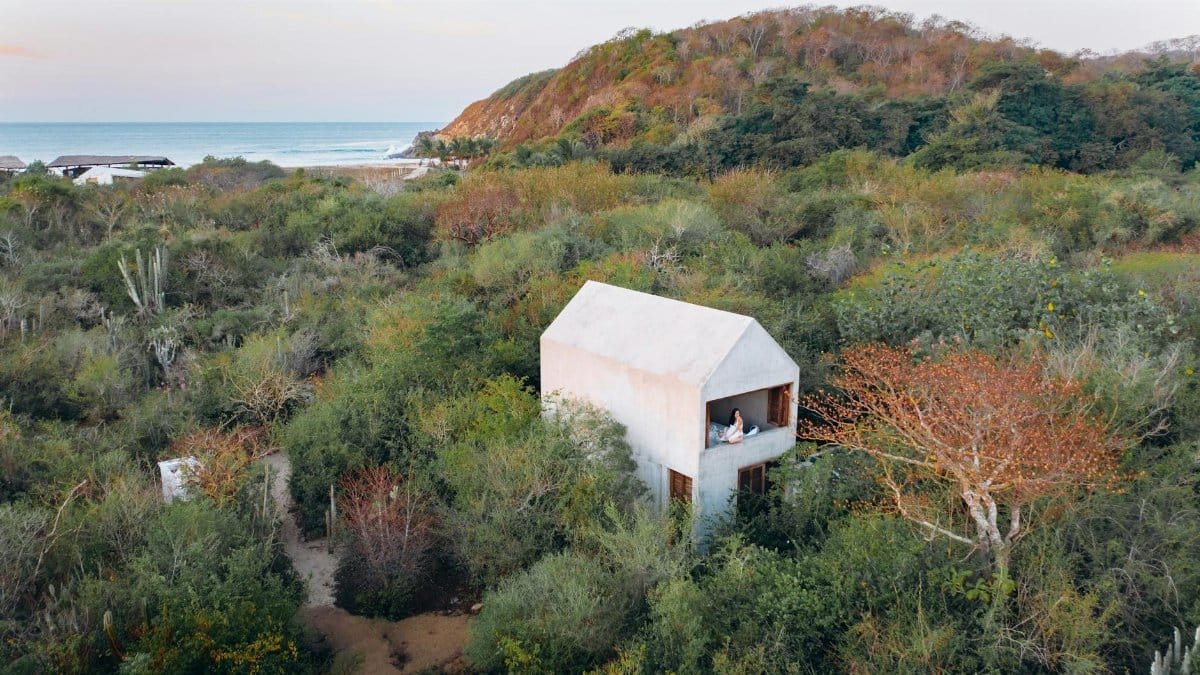Imagine a world where stepping out of your comfort zone isn’t just a catchy phrase, but a lifeline. Across the U.S., from bustling coastal cities to quiet Midwestern towns, a growing number of people are packing a single bag and heading out alone. They’re not just chasing postcard views or Instagram-worthy moments. They’re seeking something deeper: a confrontation with themselves. The concept of solo travel self-discovery radical power is taking hold, promising not just a getaway, but a way to unravel personal truths and reclaim mental clarity. For many, it’s becoming a quiet rebellion against the noise of everyday life—work deadlines, family obligations, and the endless scroll of social media. In 2025, as stress levels continue to climb, this trend feels less like a luxury and more like a necessity. How does traveling solo strip away the layers of who we think we are? And why does it carry such transformative weight for so many Americans right now?
The Lure of Leaving It All Behind

There’s something magnetic about the idea of walking away, even temporarily. Solo travel isn’t new, but its appeal has surged in recent years, particularly among middle-aged adults craving a reset. A 2023 report from the Pew Research Center noted a spike in Americans prioritizing mental health, with many citing disconnection from routine as a key strategy. Traveling alone offers exactly that—a break from the scripts we follow daily. It forces a reckoning. Without familiar faces or fallback plans, you’re left with your own thoughts, unfiltered and raw.
Picture a 45-year-old accountant from Ohio, standing at the edge of a national park with nothing but a backpack and a journal. No one’s there to tell her what to do next. That freedom, daunting as it is, often sparks clarity. She might scribble down a realization about a career she’s outgrown or a relationship she’s neglected. The solitude amplifies what’s been buried under noise. It’s not always comfortable, but it’s often necessary.
Facing Yourself Without a Safety Net

“I didn’t expect to cry on a random bus in Portugal, but there I was,” a woman in her late 30s shared in a casual conversation about her first solo trip. Her story isn’t unique. Solo travel strips away the buffers we rely on—friends to distract us, routines to numb us. What’s left is a mirror. You can’t dodge your insecurities or unresolved questions when there’s no one else to blame for a wrong turn or a bad day. The radical power of this self-discovery lies in its unapologetic honesty.
This isn’t just anecdotal. Studies, like one from the American Psychological Association, suggest that solitary experiences can foster resilience and self-awareness. Navigating unfamiliar terrain alone—whether it’s a foreign city or a remote trail—builds problem-solving skills and confidence. But the real shift happens internally. When there’s no one to lean on, you learn what you’re truly capable of. That’s where the transformation starts.
Breaking Free from Society’s Expectations

Let’s talk about the weight of what others think. Middle-aged Americans often carry invisible burdens—be the perfect parent, the reliable employee, the steady friend. Solo travel offers a rare chance to shrug off those roles. It’s a quiet act of defiance. When you’re halfway across the world, or even just a state away, no one knows who you’re “supposed” to be. That anonymity is liberating. It’s a space to redefine yourself on your own terms, tapping into the solo travel self-discovery radical power that so many are hungry for in 2025.
Think about the societal scripts we follow. Women, especially, often face judgment for traveling alone, as if safety or propriety should keep them tethered. Men, too, grapple with expectations to prioritize family or career over personal exploration. Solo travel challenges those norms. It says: I’m allowed to put myself first, even if just for a week. That shift in mindset can ripple outward, changing how someone approaches life long after the trip ends.
The Mental Clarity of Uncharted Paths

There’s a unique stillness that comes with being alone in an unfamiliar place. Maybe it’s watching the sunrise over a desert highway, or sipping coffee in a café where you don’t speak the language. These moments, free from distraction, often bring a flood of clarity. The brain, unburdened by the usual chatter, starts to process what’s been ignored. A 2024 study by the National Institutes of Health found that periods of intentional solitude can reduce stress and improve decision-making. For solo travelers, this isn’t theoretical—it’s lived.
The clarity isn’t always immediate. Sometimes it sneaks up days or weeks later. A man from Seattle recalled how, after hiking alone in the Cascades, he finally understood why he’d been so restless at work. The answer wasn’t in the mountains themselves, but in the space they gave him to think. Solo travel self-discovery radical power often works like that—subtle, then seismic.
The Risk and Reward of Vulnerability

Traveling alone isn’t all epiphanies and postcard moments. It can be lonely. It can be scary. Missed flights, language barriers, or simply the ache of not having someone to share a stunning view with—these are real hurdles. Yet, there’s power in sitting with that discomfort. Vulnerability becomes a teacher. You learn to ask for help, to laugh at your own mistakes, to be okay with not having all the answers. That’s a radical shift for many, especially in a culture that often equates independence with invincibility.
Online, anonymous accounts frequently echo this tension. One person described feeling utterly lost on their first solo trip abroad, only to realize, after a kind stranger offered directions, that they didn’t need to have it all figured out. That moment of connection—brief but human—reshaped their fear into curiosity. The risk of solo travel often yields unexpected rewards, building a kind of emotional grit that’s hard to cultivate in familiar surroundings.
Reclaiming Your Story on the Road

Perhaps the most profound aspect of solo travel is how it lets you rewrite your narrative. At home, we’re often locked into roles—spouse, parent, coworker. But alone on the road, you’re just you. There’s no one to project expectations onto your choices. Want to spend a day wandering aimlessly through a small town? Do it. Feel like skipping the tourist traps for a quiet library? Go ahead. Each decision, however small, is a step toward reclaiming agency over your life.
This ties directly to the solo travel self-discovery radical power that’s capturing attention in 2025. It’s not just about seeing new places; it’s about seeing yourself anew. A report from The New York Times highlighted how solo travel is increasingly viewed as a form of self-care, especially for those in midlife facing burnout or identity shifts. The road becomes a canvas for reinvention, one unscripted choice at a time.
Carrying the Change Back Home

The journey doesn’t end at the airport. What’s striking about solo travel is how it lingers. The clarity, the confidence, the hard-won lessons—they follow you back into daily life. Maybe you’re bolder in saying no to things that drain you. Or perhaps you finally tackle a long-delayed dream, inspired by the courage it took to navigate a foreign train system alone. The radical power of this self-discovery isn’t confined to the trip; it reshapes how you move through the world.
Consider a teacher from Florida who, after a solo trek through the Southwest, decided to set firmer boundaries with her time. She’d always felt guilty prioritizing herself, but the solitude of the desert taught her otherwise. Stories like hers aren’t rare. They point to a broader truth: solo travel self-discovery radical power isn’t just a fleeting high. It’s a catalyst. For many Americans in 2025, grappling with stress and uncertainty, that kind of lasting shift feels more vital than ever.
